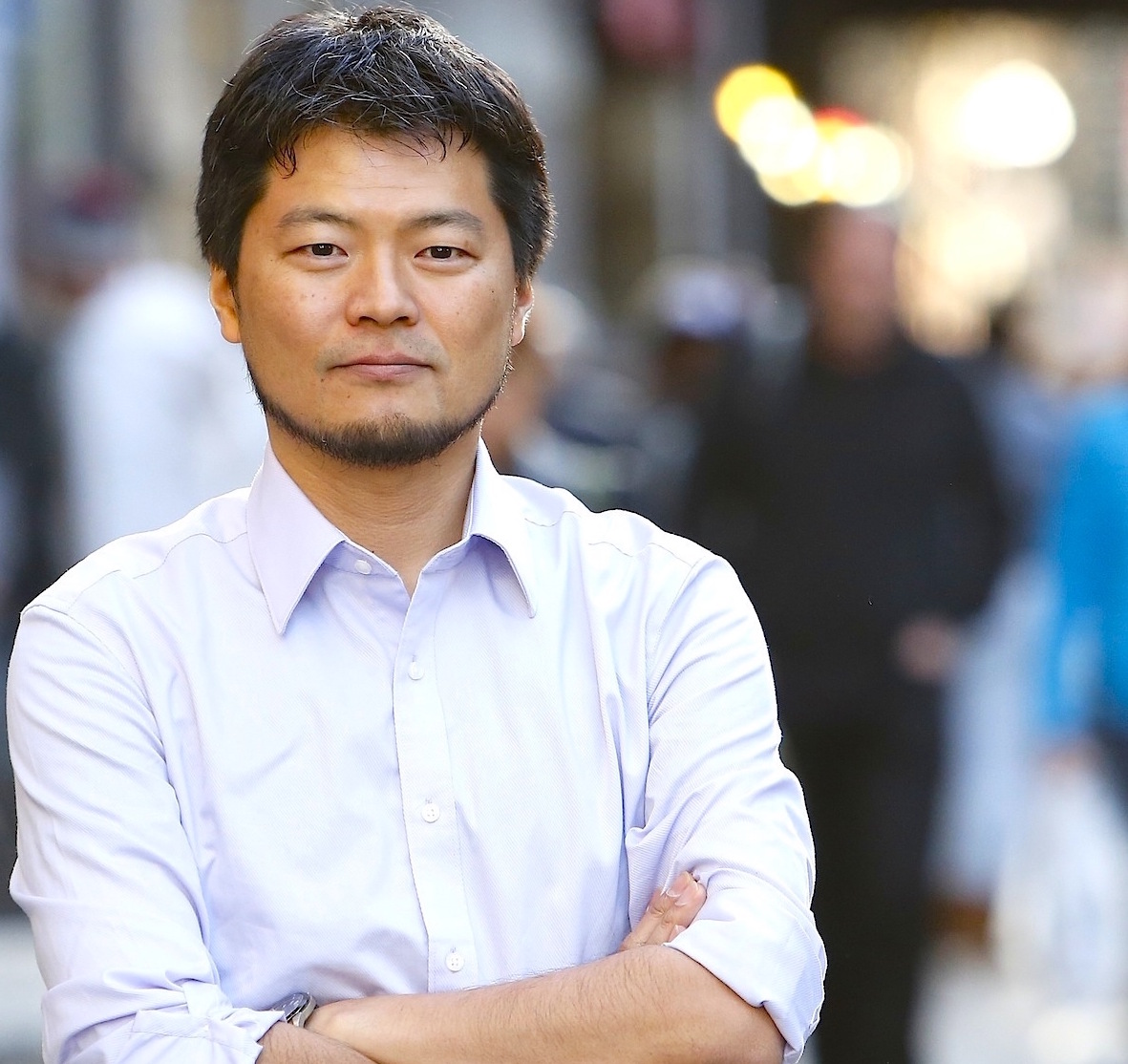About

Masuda Hajimu (family name Masuda, 益田 肇) is a historian of twentieth-century Japan, Asia, and U.S. foreign relations, and the author of Cold War Crucible: The Korean Conflict and the Postwar World (2015). His areas of concentration are the modern histories of Japan, Asia, U.S. foreign relations, and the social and global history of the Cold War, with particular attention toward ordinary people and their violence, as well as the recurrent rise of grassroots social conservatism in the globalized twentieth-century world.
He received his PhD from Cornell University in 2012, and currently is an Associate Professor in the Department of History at the National University of Singapore (NUS). He was a residential fellow at the Woodrow Wilson Center in Washington DC from September 2017 to May 2018; a Visiting Fellow at CRASSH and Wolfson College at the University of Cambridge from March to November 2020; and a Visiting Scholar at Waseda University from February to November 2020, as well as August 2022 to April 2023.
He is the Principal Investigator of the NUS-based project, “Reconceptualizing the Cold War: On-the-ground Experiences in Asia” which set up an oral history archive on the themes of the Cold War and decolonization in Asia. This project examines “social warfare” among ordinary people, including diverse social struggles, culture wars, and personal strife, as well as various ethnic and religious conflicts, often waged in the name of the Cold War.
Research Program
An overarching theme of my research is the evolving power of the people, regardless of political spectrum or geography. I pay particular attention toward ordinary people’s violence and the recurrent rise of grassroots social conservatism in the globalized world of the twentieth century.
Along this line, I have three book projects. First, I’ve been working on my book manuscript, tentatively titled “The Age of Social Warfare: Rethinking Wartime and Cold War Japan.” It looks into diverse social experiences of ordinary people in prewar, wartime, and postwar Japan, exploring the ways in which we can go beyond the conventional paradigm centered on the state and its political agendas. The primary questions addressed are: What if we take off the state-centered lens and look squarely at ordinary people’s everyday struggles? What if we reconsider Japan’s wars in Asia and the Pacific through the perspective of social tensions and culture wars? This project suggests a concept of what I have termed “social warfare,” offering a viewpoint through which we can understand the recurrence of the ages of liberation and social conservatism in the modern world.
Second, I’ve completed an edited volume, “Reconceptualizing the Cold War: On-the-ground Experiences in Asia,” which examines ordinary people’s social conflicts, culture wars, and ethnic and religious strife, often waged in the name of the Cold War, in various parts of Asia, such as Japan, China, Vietnam, Cambodia, Thailand, Malaysia, Indonesia, East Timor, and India.
Through these projects, overall, I would like to explore the ways in which we can narrate the history of the twentieth century not only through the perspectives of empire, state, and policymakers but from a social point of view, particularly concerning ordinary people’s struggles concerning what kinds of societies to construct in the turbulent and globalizing twentieth century world.
Contact
Department of History
National University of Singapore
Block AS 01-05-44, 11 Arts Link
Singapore 117570
Email: hishm [at] nus.edu.sg
